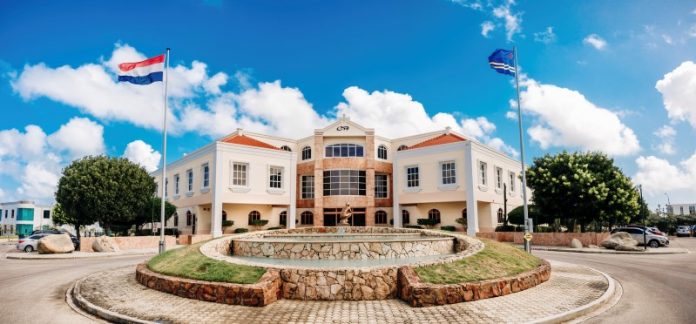The Centrale Bank van Aruba (CBA) publishes its Report Corruption Survey 2019. This report presents the key findings of the Corruption Survey 2019, executed by the CBA. It highlights the perception of residents on the state of corruption, their experience with bribery in the 12 months prior the survey, and their opinion on their own role and on anti-corruption measures.
Curbing corruption in Aruba is a high priority for the CBA, because corruption has far reaching negative economic and social repercussions that could hinder the CBA from fulfilling its mission. Several international organizations, such as Transparency International, frequently execute surveys on the level of corruption in several countries. As Aruba is not part of these international surveys, and consequently important data on corruption are not available, the CBA has been conducting the corruption survey since 2018.
The 2019 survey results show that a great majority of respondents thought that corruption was widespread and increasing. Moreover, politicians were perceived to be the most corrupt group in society, while the government has been rated badly in its efforts to fight corruption. Also, the results showed that the bribery rate in Aruba is low compared to selected Latin American and Caribbean countries, implying that few people who accessed selected public services in the 12 months prior to the survey paid a bribe. Nevertheless, somewhat less than one-fifth of respondents mentioned that they know someone who had paid a bribe. A large majority concurred that ordinary people can make a difference in the fight against corruption, while respondents mentioned that the main reason for not reporting corruption is that people are afraid of the consequences. Also, a great majority perceived that the introduction of a code of conduct for ministers and parliament members is necessary.
The REPORT CORRUPTION SURVEY 2019 is available on the CBA’s website (https://www.cbaruba.org/cba/manageDocument.do?dispatch=view&id=5317).
















